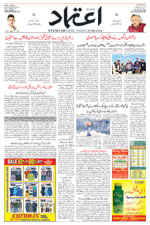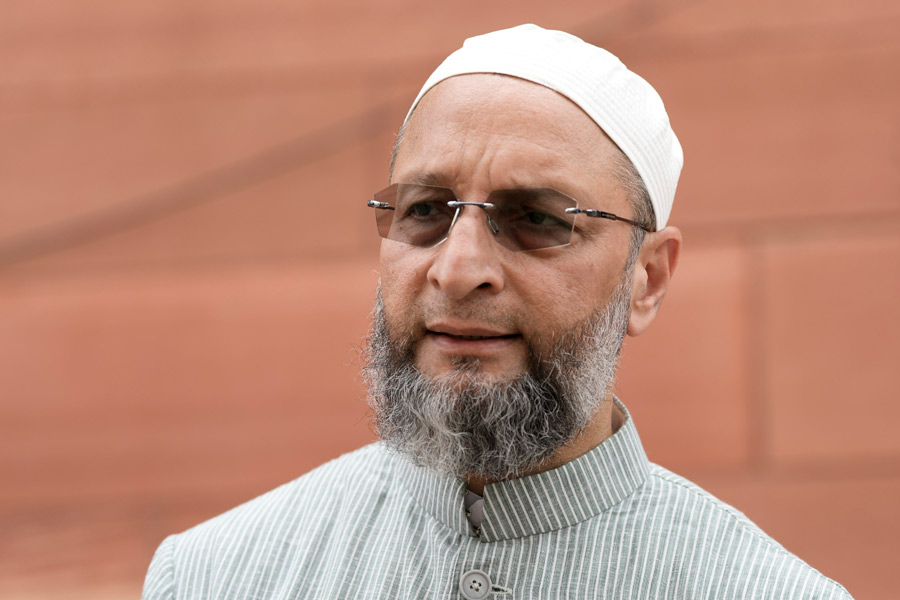SC Constitution bench considering the legality of the Article 370 and J&K Reorganization Act has assembled
Tue 21 Jan 2020, 18:17:10
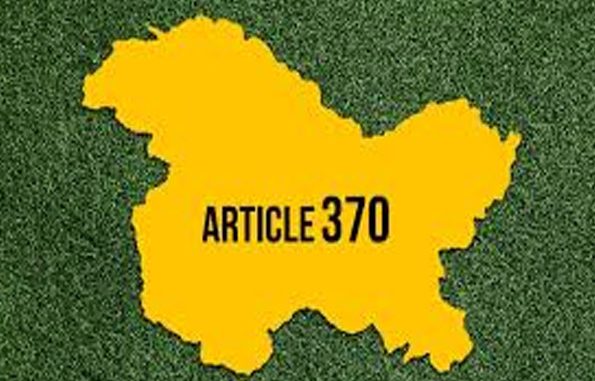
#Article370 #JKReorganization
The Supreme Court is presently hearing the challenge made to the abrogation of Article 370 of the Constitution, which effectively removed the special status granted to Jammu & Kashmir.
A batch of petitions challenging various aspects of the abrogation of Article 370 is being heard by a five-Judge Constitution Bench of Justices NV Ramana, SK Kaul, R Subhash Reddy, BR Gavai and Surya Kant.
Arguments were heard on two days before the Supreme Court closed for the winter break.
Five-Judge Constitution Bench assembles to resume hearing on the batch of petitions challenging abrogation of Article 370.
Senior Counsel Rajeev Dhavan tells the Court he would like to be excused from arguing today. Dhavan says those Counsel arguing for reference to a larger Bench should argue on the specific point on which they are seeking a reference.
Justice Sanjay Kishan Kaul agrees with Dhavan and says to the Counsel arguing for reference,
"If you think that this Bench cannot put quietus to the question, then argue on the preliminary issue of reference only, not on the substantive questions involved."Arguments
Senior Advocates Dinesh Dwivedi and Sanjay Parekh to argue for reference to a larger Bench. Other petitioner's counsel as well as Attorney General for India opposed KK Venugopal to referring the case to a larger Bench.
Arguments by Senior Advocate Dinesh Dwivedi
Court begins hearing Dwivedi on the question of reference.
Dwivedi taking the Court through how the Constitution of Jammu and Kashmir came into being.
Dwivedi argues that the Article 370 was temporary in nature and and was to be effective only till the Constitution of Jammu and Kashmir came into being.
Dwivedi says after the Constitution of J&K came into force in 1957, the powers under Article 370 could not have been used by the President.
Dwivedi speaks about the Instrument of Accession of Jammu and Kashmir and says that clause 6 of the Instrument maintains the sovereignty of J&K.
Dwivedi argues that the Centre has limited powers to legislate when it comes to J&K by virtue of the Instrument of Accession. He says Article 370 was the link between Centre and J&K.
J&K could be governed only through the Instrument of Accession and only with the consultation with the State, Dwivedi
Dwivedi takes the Court through the clauses under Article 370, says the provison categorically provides for consultation with the Constituent Assembly.
Dwivedi talks about Indian Constituent Assembly Debates which were referred to in Prem Nath Kaul judgment of 1959.
Dwivedi argues that Legislative Assembly cannot succeed Constituent Assembly. He offers this as an alternative argument.
The Bench assembles for the post lunch session. Senior Counsel Dinesh Dwivedi resumes his
arguments
arguments
Dwivedi says that Article 370 could not have taken away the plenary powers and the Constitution of Jammu and Kashmir was supposed to be the final source legislative power.
Dwivedi cites the 1972 judgment of Mohammad Maqbool Damnoo vs the State of Jammu and Kashmir.
Dwivedi says that the Article 370 does not have the power to amend the Constitution of Jammu and Kashmir.
In 1965, the word "Sadar-i-Riyasat" was deleted from the Constitution of Jammu and Kashmir and was replaced with the word Governor, Dwivedi tells the Court.
The framing of the Constitution of Jammu & Kashmir is independent of Article 370 and therefore I see no other provision in the Indian Constitution that deals with Jammu & Kashmir, Dwivedi says.
Dwivedi says Article 370 did not control the framing or amendment of the Constitution of Jammu & Kashmir, which is not a creature of Indian Constitution but that of proclamations of the Maharajahs who had a sovereign power.
Only Article 370 deals with J&K and no other provision. So how can any other provision of the Indian Constitution be used to remove the J&K Constitution?
Dwivedi argues that Constitutions are not made for a day, it is believed to be there for an undefined period and it is never cast in stone. Article 370 was an instrument of connect between the Centre and J&K.
Dwivedi now cites the 1969 judgment of Sampat Prakash v. State of Jammu and Kashmir.
Powers under clauses (2)&(3) of Article 370 are meaningless since the coming into being of the J&K Constitution.
Sampat Prakash judgment does not deal with the question of whether action under Article 370 be taken after the Constitution of J&K comes into force. Article 370 was to be used temporarily till the J&K Constitution was framed.
Under the Constitution of India, the Constitution of J&K couldn't be revoked.
Justice Reddy: If not through these Presidential orders, then how could it have been done?
Dwivedi: The answer must be found in the provisions; or take extra Constitutional measures, which they have done.
Constituent Assembly is a creature of the Constitution, a delegate of the Constitution. They have used Article 368 to amend "Constituent Assembly" to "Legislative Assembly".
Dwivedi concludes his arguments on the preliminary issue of reference to a larger Bench. He adds that he would like to make submissions on merit also when that stage comes. Court agrees.
Arguments by Senior Advocate Sanjay Parekh
Parekh begins by invoking the Instrument of Accession, says it denotes the will of the people.
The reason for the non obstante clause was so that only those provisions introduced through Article 370 would be applicable and the entire Constitution of India would not be applicable to the State of J&K.
Court rises for the day. Sanjay Parekh to continue his submissions tomorrow.
No Comments For This Post, Be first to write a Comment.
Most viewed from National
Most viewed from World
AIMIM News
Owaisi slams UP over police post near Sambhal mosque
Dec 31, 2024
Owaisi hails SC order on Places of Worship Act
Dec 13, 2024
AAP Corporator Tahir Hussain joins AIMIM party
Dec 11, 2024
Latest Urdu News
Most Viewed
May 26, 2020
Do you think AAP will perform better in Delhi polls without alliance?
Latest Videos View All
Like Us
Home
About Us
Advertise With Us
All Polls
Epaper Archives
Privacy Policy
Contact Us
Download Etemaad App
© 2025 Etemaad Daily News, All Rights Reserved.

.jpg)
.jpg)
.jpg)
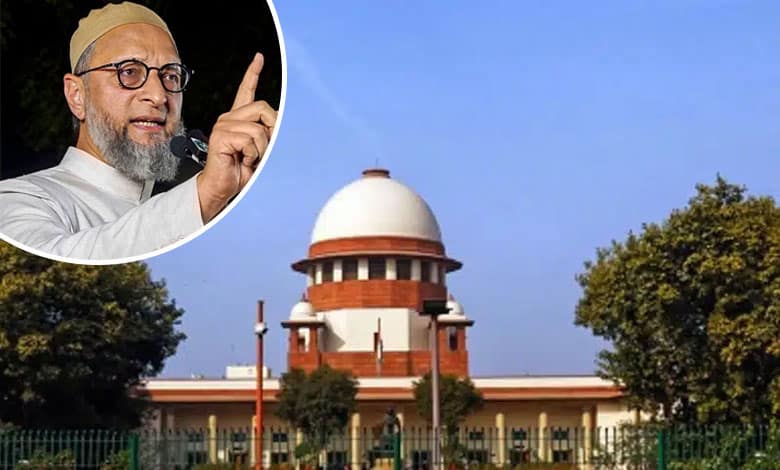

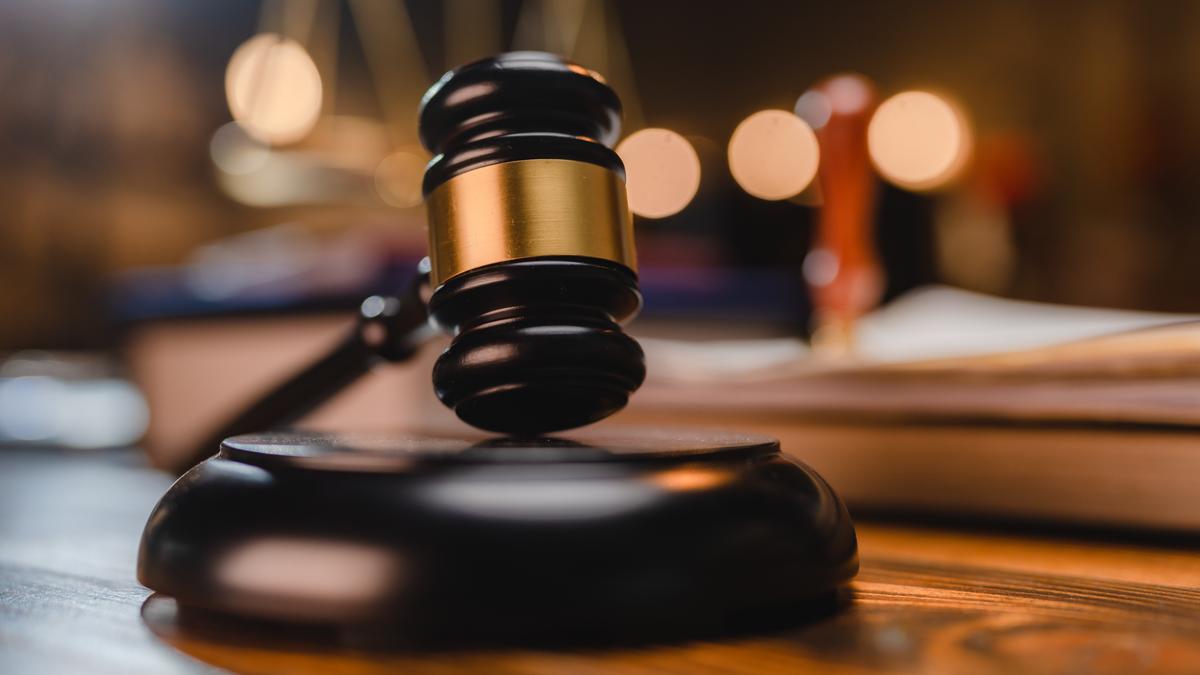
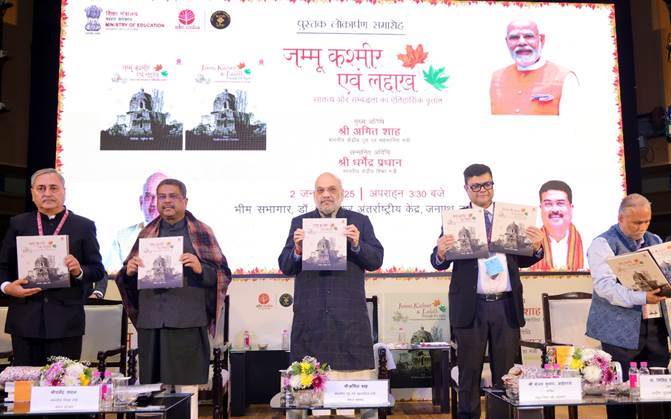
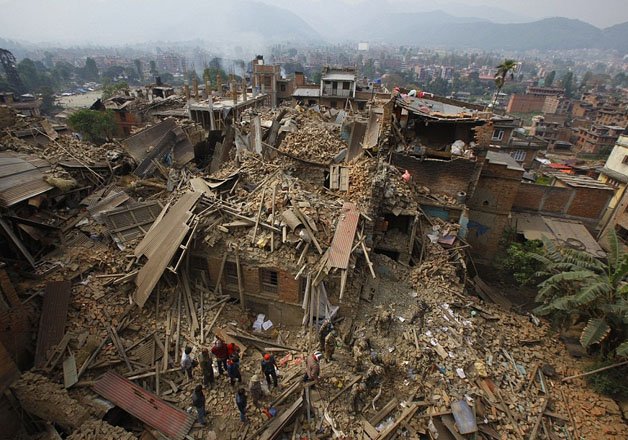
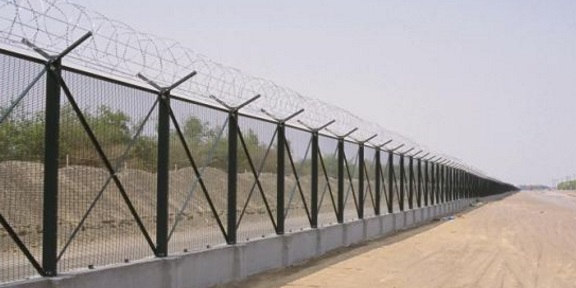
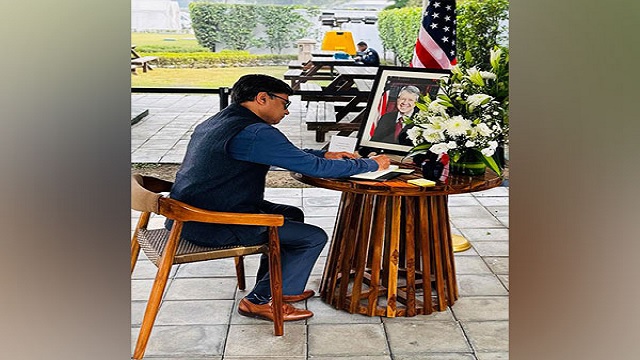
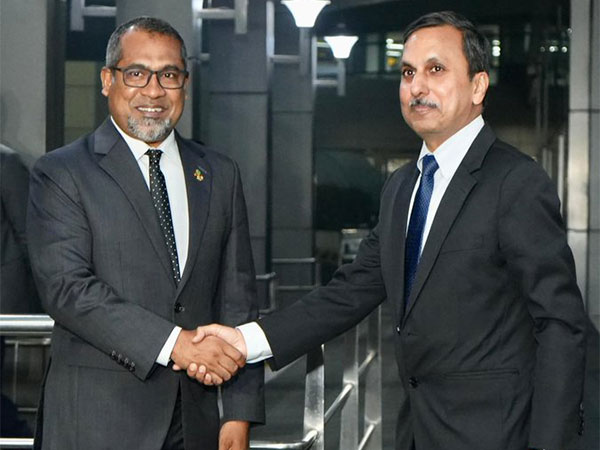
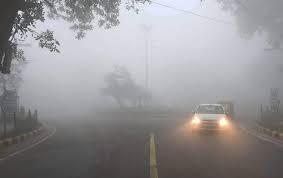
.jpg)
.jpg)
.jpg)
.jpg)
.jpg)
.jpg)
.jpg)
.jpg)
.jpg)
.jpg)
.jpg)


